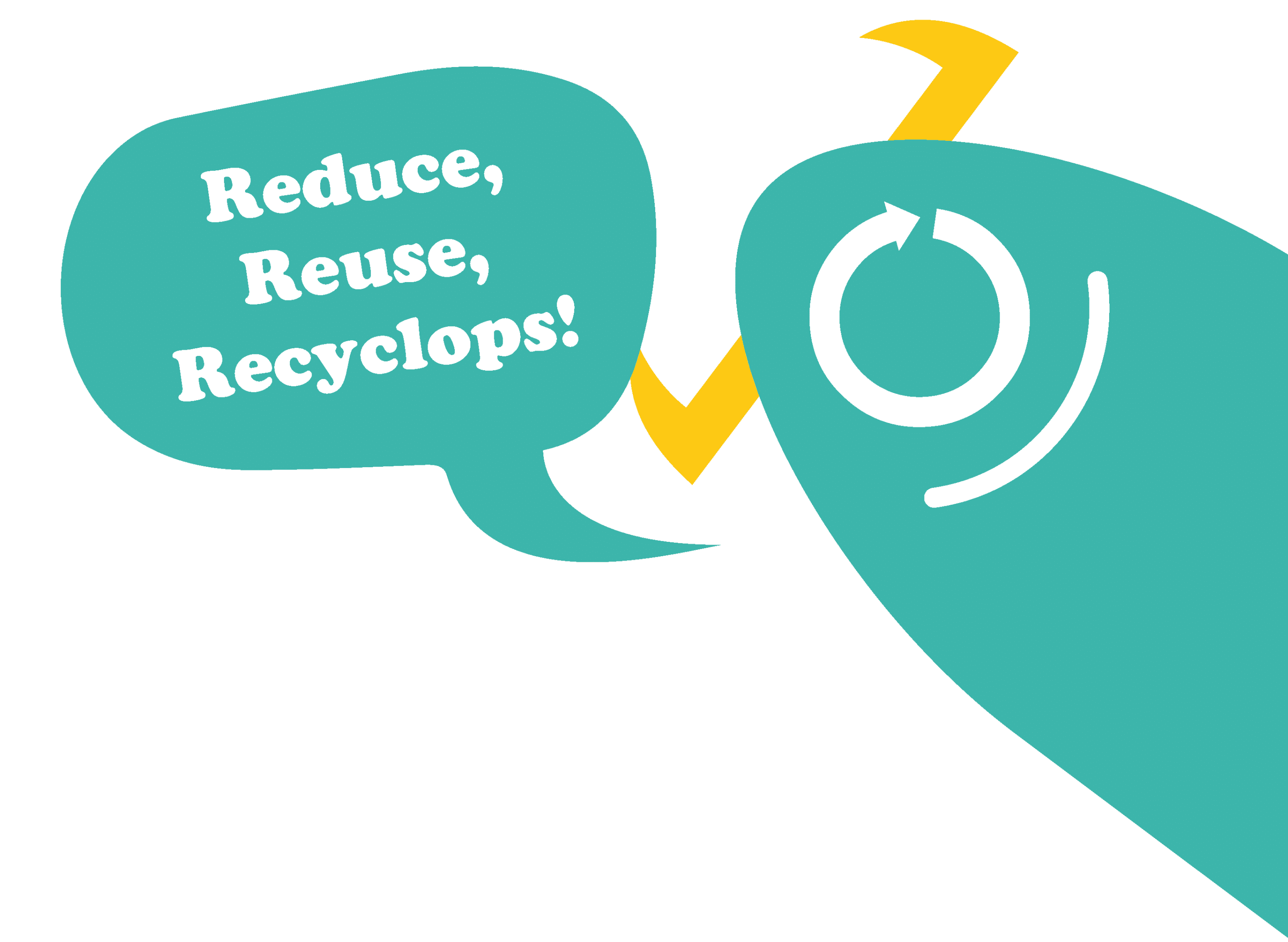It’s our final week of Plastic Education month. We’ve discussed ways to recycle plastic and how it’s recycled… but we also want to note the harmful effects of plastic on our environment. It’s so important to recycle and keep it out of our landfills as much as possible and completely out of nature.
Plastic never goes away.
Plastic is a material made to last forever, yet 33 percent of all plastic – water bottles, bags and straws – are used just once and thrown away. Plastic cannot biodegrade; it breaks down into smaller and smaller pieces.
» Disposed plastic materials can remain in the environment for up to 2,000 years and longer. Source: DiGregorio, Barry E. “Biobased Performance Bioplastic: Mirel,” Chemistry & Biology 2009
Plastic affects human health.
Toxic chemicals leach out of plastic and are found in the blood and tissue of nearly all of us. Exposure to them is linked to cancers, birth defects, impaired immunity, endocrine disruption and other ailments. » Two broad classes of plastic-related chemicals are of critical concern for human health—bisphenol-A or BPA, and additives used in the synthesis of plastics, which are known as phthalates. Source: “Perils of Plastics: Risks to Human Health and the Environment,” Arizona State University Biodesign Institute 18 March 2010Plastic spoils our groundwater.
There are thousands of landfills in the United States. Buried beneath each one of them, toxic chemicals from plastics drain out and seep into groundwater, flowing downstream into lakes and rivers.
» There are long-term risks of contamination of soils and groundwater by some additives and breakdown by-products in plastics, which can become persistent organic pollutants. Source: Hopewell, Jefferson; Dvorak, Robert; Kosior, Edward. “Plastics Recycling: Challenges and Opportunities,” Biological Sciences 14 June 2009
Plastic attracts other pollutants.
Chemicals in plastic which give them their rigidity or flexibility (flame retardants, bisphenols, phthalates and other harmful chemicals) are oily poisons that repel water and stick to petroleum-based objects like plastic debris. So, the toxic chemicals that leach out of plastics can accumulate on other plastics. This is a serious concern with increasing amounts of plastic debris accumulating in the world’s oceans. » Fish, exposed to a mixture of polyethylene with chemical pollutants absorbed from the marine environment, bioaccumulate these chemical pollutants and suffer liver toxicity and pathology. Source: Rochman, Chelsea “Ingested Plastic Transfers Hazardous Chemicals to Fish and Induces Hepatic Stress,” Scientific Reports 2013Plastic threatens wildlife.
Wildlife become entangled in plastic, they eat it or mistake it for food and feed it to their young, and it is found littered in even extremely remote areas of the Earth. In our oceans alone, plastic debris outweighs zooplankton by a ratio of 36-to-1.
» Over 260 species, including invertebrates, turtles, fish, seabirds and mammals, have been reported to ingest or become entangled in plastic debris, resulting in impaired movement and feeding, reduced reproductive output, lacerations, ulcers and death. Source: Thompson, Richard C.; Moore, Charles J.; vom Saal, Frederick S.; Swan, Shanna H. “Plastics, the Environment and Human Health: Current Consensus and Future Trends,” Biological Sciences 14 June 2009
Plastic piles up in the environment.
Americans discard more than 30 million tons of plastic a year. Only 8 percent gets recycled. The rest ends up in landfills, is burned or becomes litter. » More than 5 trillion plastic pieces weighing over 250,000 tons afloat at sea. Source: Eriksen, Marcus; Lebreton, Laurent C. M.; Carson, Henry S.; Thiel, Martin; Moore, Charles J.; Borerro, Jose C.; Galgani, Francois; Ryan, Peter G.; Reisser, Julia. “Plastic Pollution in the World’s Oceans,” PLoS One 10 Dec. 2014Plastic poisons our food chain.
Even plankton, the tiniest creatures in our oceans, are eating microplastics and absorbing their hazardous chemicals. The tiny, broken down pieces of plastic are displacing the algae needed to sustain larger sea life who feed on them.
Ready to start recycling?








